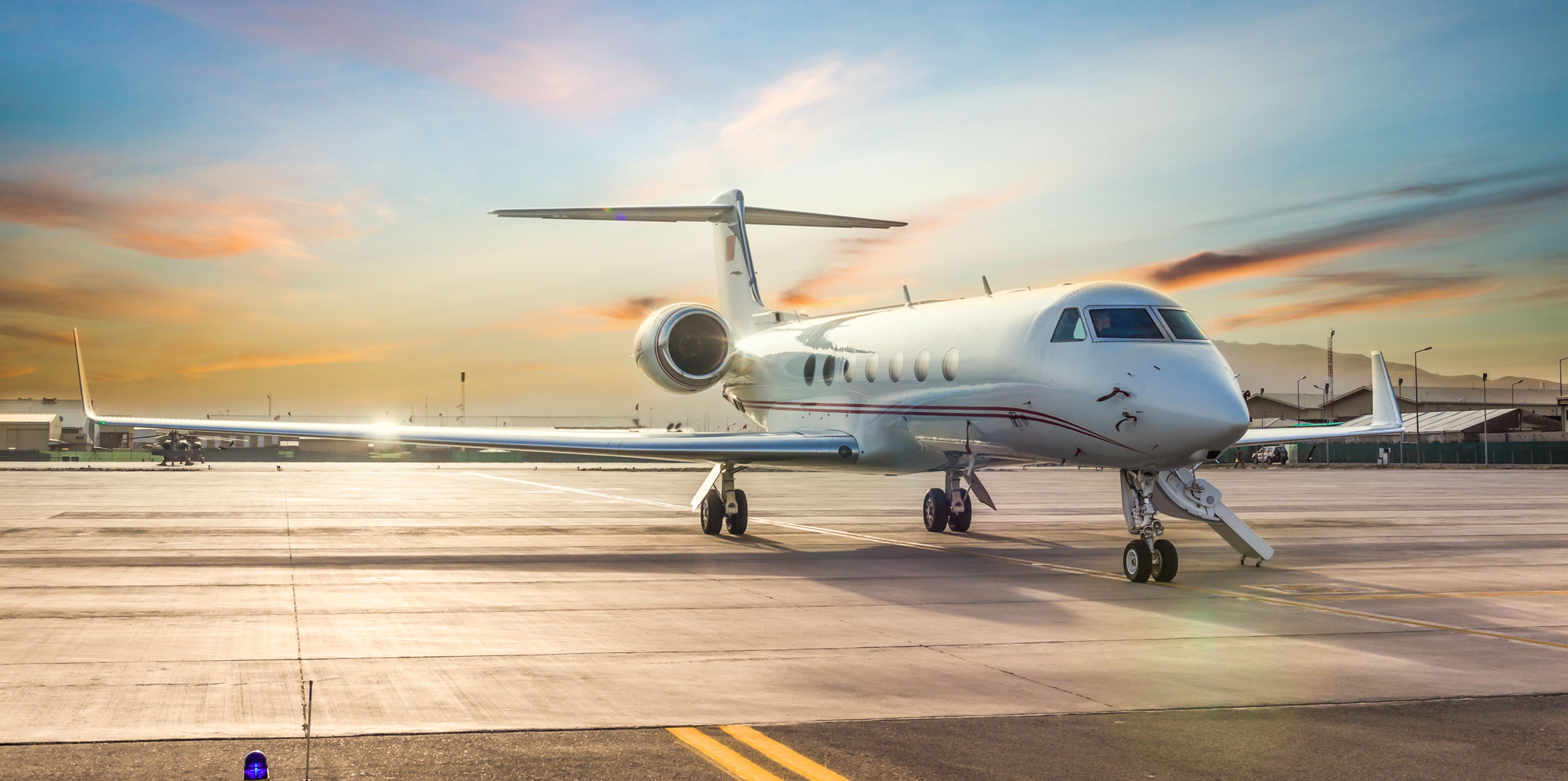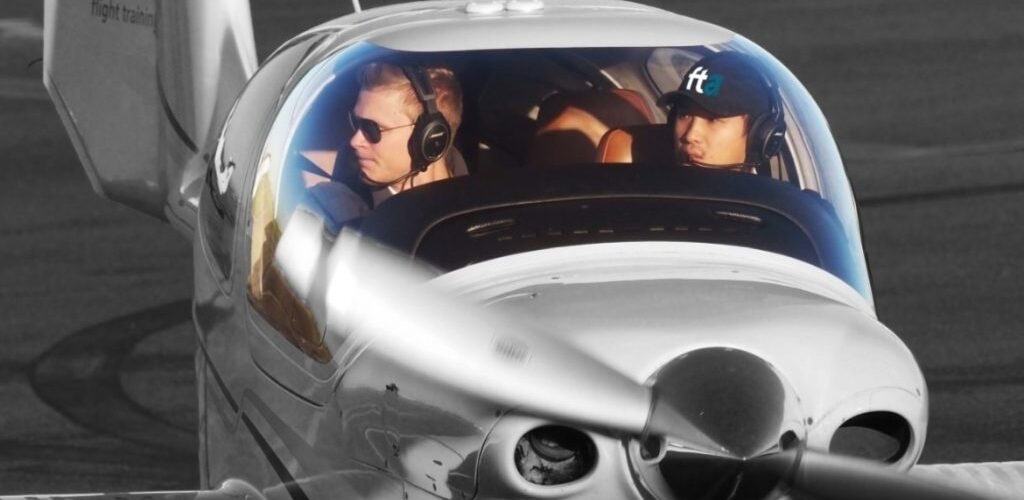“AOPA Australia has called on the Australian Government to remove limit caps on the number of international students participating in flight training.” said Benjamin Morgan, CEO.
“The caps will result in a 65% reduction in flight training activity, threatening the closure of a significant number of flight training providers nationwide, damaging our industry and reputation abroad.
“Flight training is vital to the success of the aviation industry, which collectively contributes some $69billion to the Australian economy, representing 5.5% of the nations GDP.
“I thank each of the flight training and aviation education providers who have submitted letters of endorsement for our submission and recommendations.”
Click to Download the Submission in PDF Format
SUBMISSION
Aircraft Owners and Pilots Association of Australia (AOPA Australia) welcomes the opportunity to lodge a submission into the Education Services for Overseas Students Amendment (Quality and Integrity) Bill 2024.
Our recommendations in this submission are based on our direct aviation industry knowledge and our experience spanning 75 years, along with our direct consultation with CRICOS approved flight training providers nationwide, who have communicated their concerns and alarms in individual submissions to the Senate Inquiry.
Whilst AOPA Australia understands the desire to create a stronger strategically managed approach to migration and international student education, we urge the Government to give priority consideration to the critical role that flight training plays in support of Australia’s domestic and international aviation economies.
Likewise, we urge the government to recognise that international students participating in flight training in Australia are unique and of high-value, possessing advanced English language skills, have been subjected to rigorous academic and psychometric testing and assessment, have submitted themselves for high-level security screening, have demonstrated strong financial backing and are obligated to return to their home nation airlines following completion of their training and education to commence employment.
It is estimated that over $200million is being directly invested into Australia’s flight training and aviation industry by international students, each contributing approx. $150,000 AUD towards their training and education, their accommodation and living expenses.
AOPA Australia does not believe the amendment bill has been adequately consulted and that the government is not fully aware of the impacts (both planned and unintended) that the Amendment Bill will have on Australia’s flight training providers and subsequently our aviation industry and national economy.
AOPA Australia understands that cap limits have been calculated using data from providers for the period of 2019-2023, a time during which international and domestic COVID-19 lockdowns, travel restrictions and other limitations were in force. As such, the international student numbers during this period were abnormally low and do not represent the anticipated demand for 2025 and beyond.
Should the Amendment Bill be introduced and cap limits set using the 2019-2023 data it will result in reducing Australia’s intake of international students for pilot training by some 65% or more and will result in provider location closures, skilled aviation job losses and significant reductions in our domestic flight training capabilities.
Such an outcome will place the government at crossed purpose, conflicting with the intent, objectives and policies of the Department of Infrastructure’s recently released ‘Aviation White Paper – Towards 2050’ that has recognised the significant pilot, flight instructor and aircraft engineer skills shortages facing the nation.
A key outcome of the Aviation White Paper is to ‘simplify the visa process for pilots and other highly skilled aviation workers to address the shortage of pilots and instructors in the GA sector and allow easier entry into the Australian labour market’.
The Amendment Bill will cause significant harm to Australia’s standing as a world class flight training provider nation, undermining many decades of aviation industry marketing and promotional investment, encouraging international pilot applicants to seek training with competitor nations. Flight training is a highly competitive international industry, and should Australia lose it’s standing, it may take many decades to recover.
Importantly, the Amendment Bill will result in creating significant business investment uncertainty, given that there has been no direct consultation with the aviation industry and that the government appears to be forcing an outcome that will result in significant financial damage to flight training providers.
Flight training organisations operate within a highly regulated and cost-saturated environment and require significant capital investment in facilities, aircraft fleets, skilled personnel and time. Flight training organisations rely on a carefully managed balance of both domestic and international student training to remain sustainable. Operators cannot be expected to make the significant investments if they are exposed to the risk of government changing policy at a whim and without consideration as to the outcome.
Lastly, the Amendment Bill will create further knock-on impacts on integrated aviation suppliers such as aircraft maintenance providers, engine overhaul facilities, propellor overhaul facilities, avionics suppliers and more, should the caps force flight training provider closures. Such outcomes will create lasting and broad damage to Australia’s domestic aviation industry capability that may take decades to recover.
SUBMISSION RECOMMENDATIONS
- Pause the application of cap limits on flight training providers;
- Undertake a thorough review of the anticipated and unintended consequences of the Amendment Bill on flight training providers and the supporting aviation industry.
- Undertake a thorough review of international student training numbers by all approved flight training organisations, including a review of forward-looking demand for 2025 and beyond.
- Form an Aviation Industry Advisory Panel comprised of relevant industry associations/peak-bodies and aviation organisations, to provide direct feedback as Subject Matter Experts to the Department and all relevant stakeholders.
- Align and harmonise the Amendment Bill with the intent and objectives of the Department of Infrastructure’s Aviation White Paper, to ensure the government is not at cross-purpose in meeting the critical challenges facing aviation.
- Align and harmonise the Amendment Bill with the objectives of Industry Skills Australia.
AOPA AUSTRALIA HOSTED ROUND-TABLE
In response to the government’s planned changes, AOPA Australia hosted an Aviation Flight Training Providers round-table on the 11th of September 2024. Six (6) CRICOS approved Flight Training Providers were in attendance, representing a diverse cross section of providers nationwide. Direct telephone consultation was conducted with a further five (5) providers, which echoed the responses of the round-table participants.
The purpose of the roundtable was to seek to understand the concerns of flight training providers and to understand the impacts that the government-imposed caps on their businesses and the broader aviation industry.
Summary of the roundtable and telephone consultation outcomes
- That no direct aviation flight training industry consultation was conducted by the Department or any other government representative. None of the Flight Training Providers were aware of any formal government working group, panel or consultative process outside of an invitation to make a submission to the Senate Inquiry, through which direct consultation could have been engaged.
- The group understood the government’s efforts to ensure integrity and quality of the overall system. However, the group regarded aviation flight training providers as caught up in broader challenges and problems that were not related to the performance or quality of flight training providers within the system.
- The group agreed that international students participating in flight training, were involved in a highly technical education process, with each student required to make considerable investment and commitments.
- That on receipt of written notice from the government, Flight Training Providers learned that a cap would be placed on their 2025 enrolments. The communicated cap would cut international student enrolment numbers by more than 50%, but with examples as high as 90%, whilst there was one example of no reduction.
- That there appeared to be no structured methodology with respect to how the cap was calculated and that the government appeared to be basing assessments on the 2019-2023 period, during which the flight training industry has not yet recovered to pre COVID-19 levels. All but one roundtable participant communicated that the caps are significantly lower than their anticipated demand for the 2025 year ahead.
- The majority of the roundtable participants stressed that the caps would result in significant damage to the Australian flight training industry’s global reputation and that it could take many years to recover from such an outcome.
- Roundtable participants detailed that their international marketing efforts involved significant financial and time investments, and that the imposed caps would make such engagement financially unsustainable.
- The majority of the roundtable participants reported that their flight training businesses were a mix of domestic and international students combined, with each cohort balancing the providers overall financial sustainability. Most of the roundtable participants reported that should the caps be enforced for 2025, it would result in significant negative business impacts, resulting in location closures, instructor and supporting staff layoffs and the disposal of aircraft fleets and equipment.
CRITICAL AVIATION BACKGROUND & REFERENCE INFORMATION
Aviation is a vital pillar of the national Australian economy
Aviation contributes some $69billion to the Australian economy and represents 5.5% of GDP.
Over 716,000 Australian jobs are in support of the aviation industry.
It is widely understood and has been recognised by the Australian government that demand for qualified pilots, engineers and supporting aviation personnel will outstrip our domestic supply capacity, with an anticipated 63% growth across the next 20 years.
(Reference: https://www.iata.org/en/iata-repository/publications/economic-reports/australia–value-of-aviation/)
Demand for pilots outstripping supply
Post COVID-19 Australian airlines are now in significant competition to international carriers who have reached into the Australian pilot population to fill their rank, offering large incentives for Australian pilots to accept positions abroad.
The Asia Pacific region is expected to need the highest number of new pilots globally, with over 91,000 required across the next decade, placing further pressure on Australia’s domestic industry.
(Reference: https://centreforaviation.com/analysis/reports/the-global-pilot-shortage-is-a-challenge-to-the-worlds-airlines-658033)
Flight instructor snapshot
The Australian Government reports that there are 970 flight instructors employed nationally, representing a direct investment of over $150million in training and skills acquisition.
Flight instruction is a highly skilled technical vocation that requires significant direct financial investment of over $150,000 by each qualified pilot.
On average it takes some three years to become suitably qualified as a flight instructor.
(Reference: https://www.jobsandskills.gov.au/data/labour-market-insights/occupations/231113-flying-instructors)
CASA approved flight training organisations
There are 419 flight training organisations that hold Civil Aviation Safety Authority approval nationwide.
(Reference: https://www.casa.gov.au/search-centre/flight-training-operators)
CRICOS approved flight training providers
There are 50 CRICOS approved flight training providers nationwide.
Providers have reported to AOPA Australia that they expense substantial financial resources meeting the application, compliance and renewal requirements imposed by the system.
(Reference: https://cricos.education.gov.au/Course/CourseSearch.aspx)
Department of Infrastructure: Aviation White Paper – Towards 2050
The Australian Government released the Aviation White Paper on 26th August 2024, setting out the government’s vision for aviation towards 2050, identifying a range of key policies and initiatives that must be taken, including:
Simplifying the VISA process for pilots and other highly skilled aviation workers to address the shortage of pilots and instructors in the General Aviation sector and allow easier entry into the Australian labour market.
(Reference: https://www.infrastructure.gov.au/sites/default/files/documents/awp-factsheet-regenerating-general-aviation.pdf)
Industry Skills Australia
Industry Skills Australia is a Job and Skills Council funded by the Australian Government Department of Employment and Workplace Relations. ISA recognise that;
The Australian aviation industry is a crucial component of the country’s transportation infrastructure, connecting people and businesses both domestically and internationally.
Australia’s aviation sector was dramatically hit by COVID-19. By 2020, 38.5% of the industry’s workforce had been lost through early retirements or transition into more secure employment. In the post-pandemic environment, aviation has rebounded strongly with nearly 83% of COVID-19 induced stand downs being reversed.
Strong employment growth of 10.5% is forecast for the sector in the period to 2026.
(Reference: https://www.industryskillsaustralia.org.au/our-industries/aviation)


